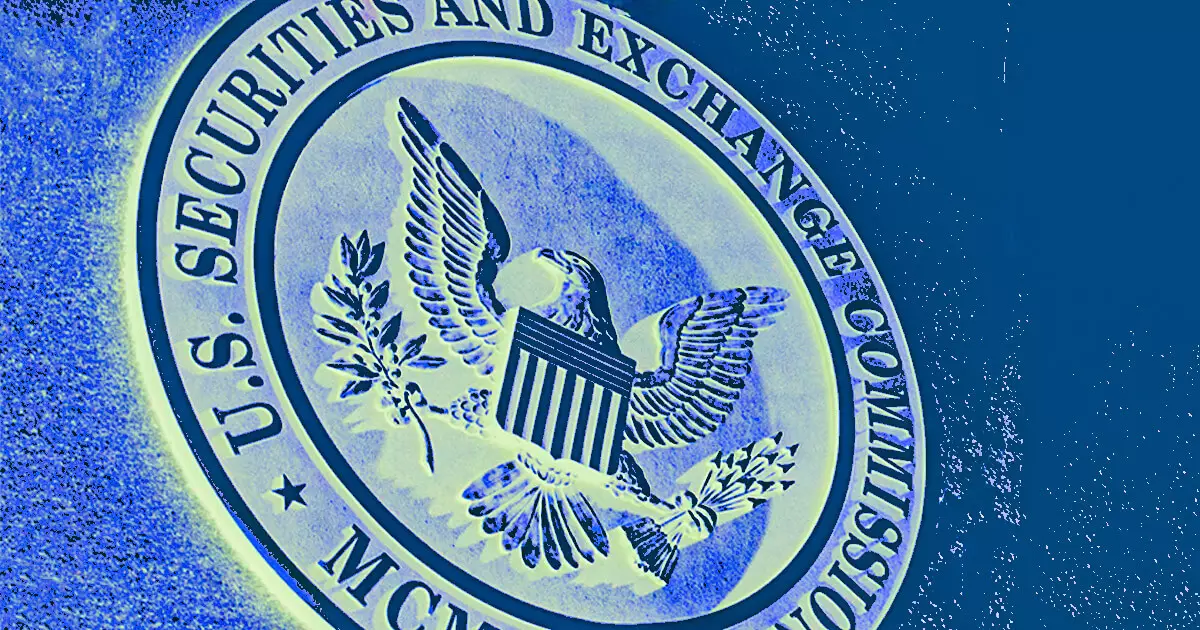The recent enforcement action by the Securities and Exchange Commission (SEC) against the Flyfish Club NFT collection has ignited a heated debate among commissioners and industry stakeholders. In a letter dated September 16, SEC Commissioners Hester M. Peirce and Mark T. Uyeda took a clear stance against the regulatory approach, arguing that the application of securities laws to the Flyfish Club is misguided. The Flyfish Club operates as an exclusive dining venue that sold NFTs to provide access to its upcoming restaurant and bar. Selling around 3,000 NFTs at prices ranging from $8,400 to $14,300 raised a substantial $14.8 million for the club, with an additional $2.7 million generated from secondary sales.
This dissent within the SEC reveals a critical divide regarding the treatment of digital assets. While the SEC’s primary objective is to protect investors and ensure compliance with the law, the enforcement action against Flyfish Club raises fundamental questions about what constitutes a security in the realm of NFTs.
At the heart of the matter lies the classification of the Flyfish NFTs. Peirce and Uyeda contend that these tokens function more akin to utility tokens that grant exclusive experiences rather than traditional securities, which are subjected to stringent regulatory measures. This interpretation hinges on the Howey Test, which serves as a legal criterion for determining whether an asset qualifies as a security. According to the dissenters, the expectations of NFT holders—anticipating future culinary experiences and unique membership perks—do not align with the characteristics of securities as defined by law.
The implications of this reasoning are significant for the broader NFT landscape. If NFTs continue to be classified as securities, it could stifle innovation and experimentation in a rapidly evolving digital asset environment. The SEC’s approach can, therefore, be seen as potentially detrimental, as it may deter new creators from exploring opportunities within the NFT space due to fear of regulatory repercussions.
Compounding the tensions, the SEC has also taken action against other NFT marketplaces, specifically targeting OpenSea with a Wells Notice on August 28. This warning indicates that the SEC is investigating OpenSea for allegedly facilitating the sale of securities without proper registration. Devin Finzer, the CEO of OpenSea, vehemently criticized the SEC’s actions, arguing that such enforcement jeopardizes the livelihoods of creators and artists who depend on these platforms to showcase their work.
The launch of the Creator Defense Fund by the Coinbase-backed organization Stand With Crypto Alliance, which has a $6 million budget aimed at providing legal support to affected artists, underscores the urgency of the situation. It signals a collective pushback against regulatory overreach in a domain that many view as essential for the future of digital commerce and artistic expression.
The ongoing controversy surrounding the SEC’s enforcement against the Flyfish Club and its implications for NFTs highlights a critical juncture in the regulation of digital assets. As the lines between utility and securities blur, both regulators and creators must navigate an uncertain landscape. The SEC’s next steps will be crucial in determining whether the NFT space can thrive without the chilling effects of regulatory fear or whether it will be constrained by stringent legal classifications. A balanced approach is needed, one that fosters innovation while ensuring adequate investor protection.


Leave a Reply